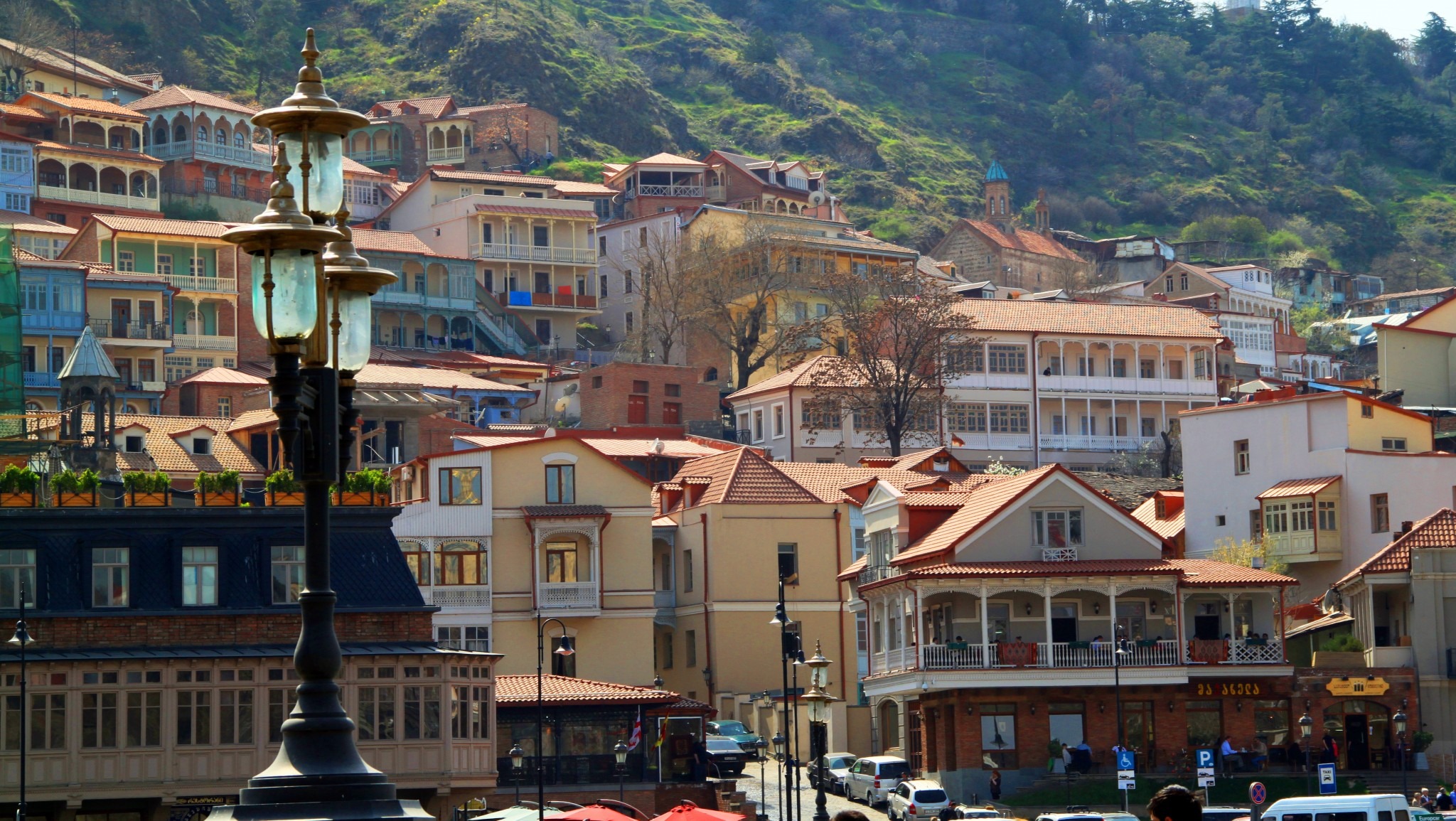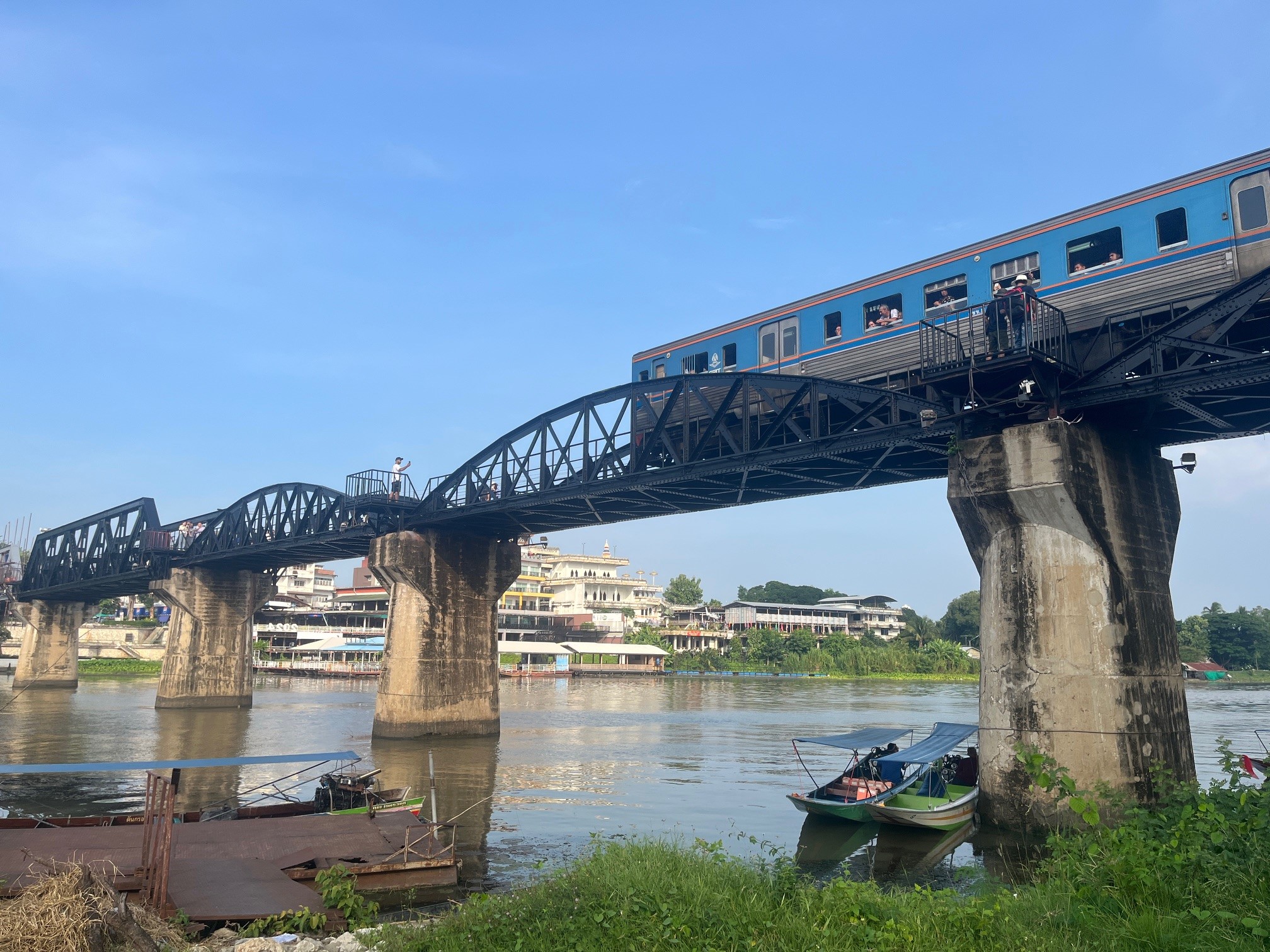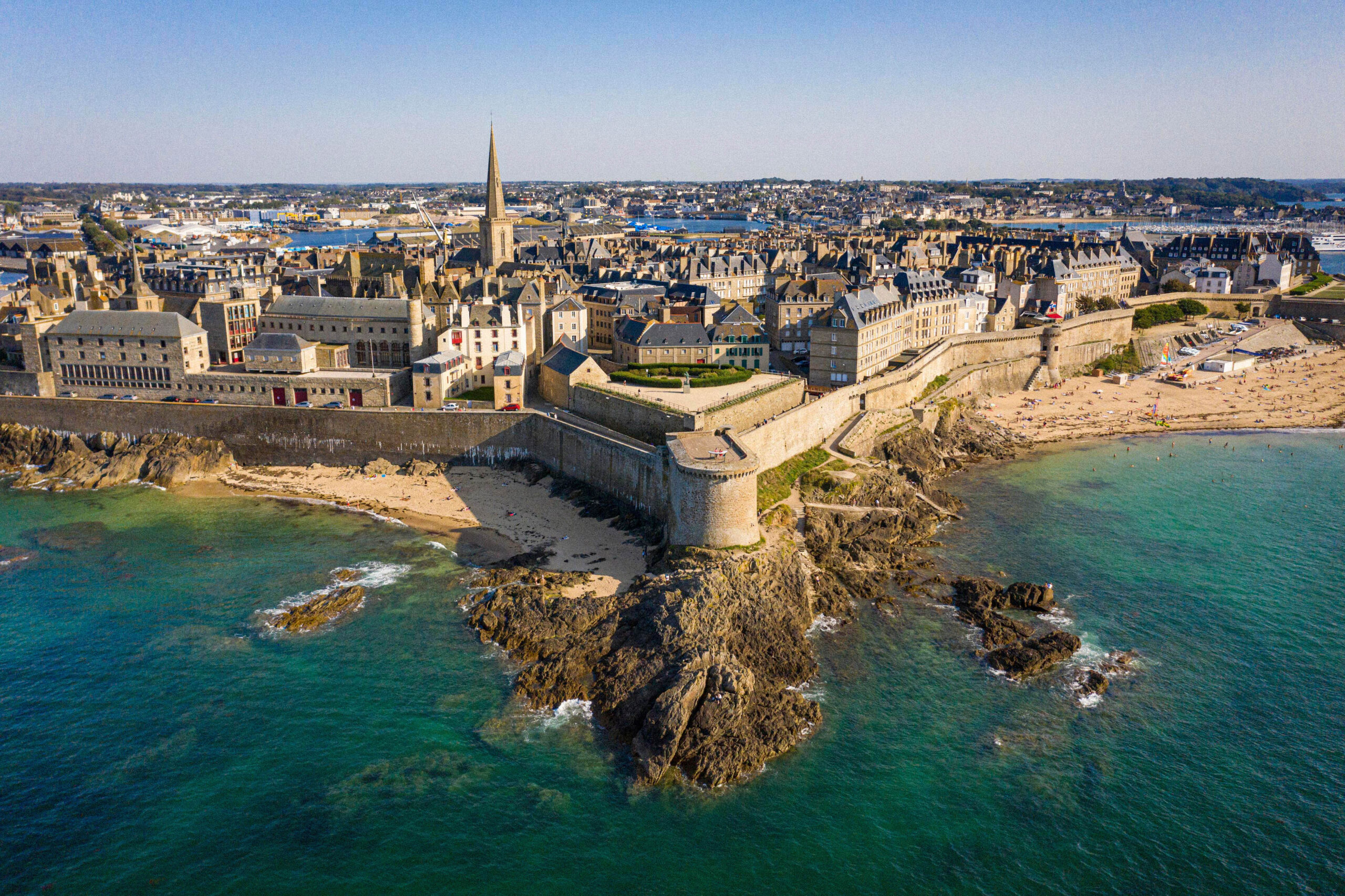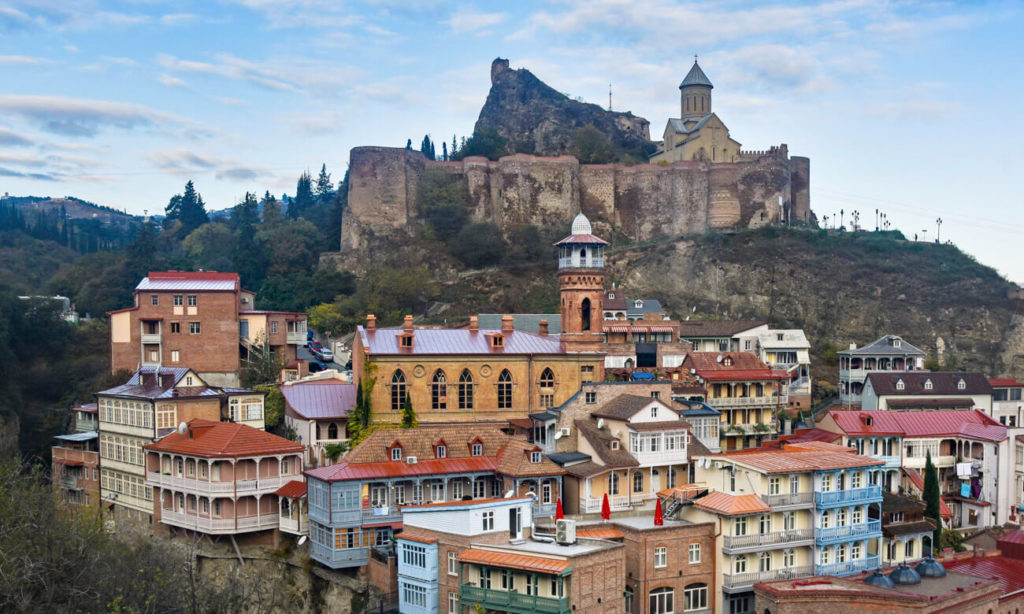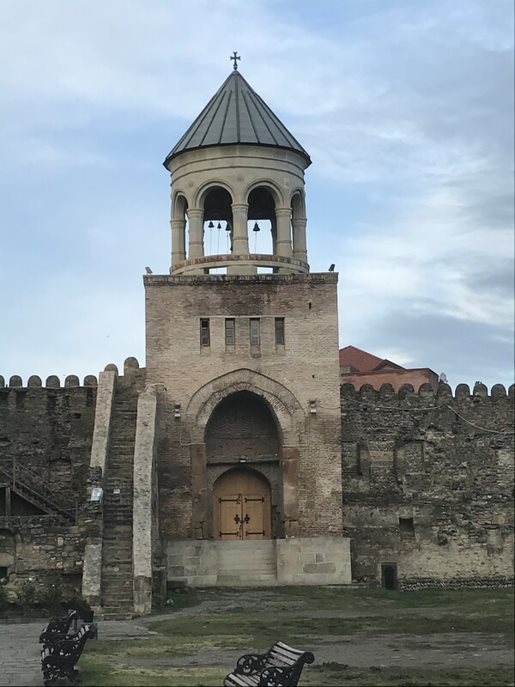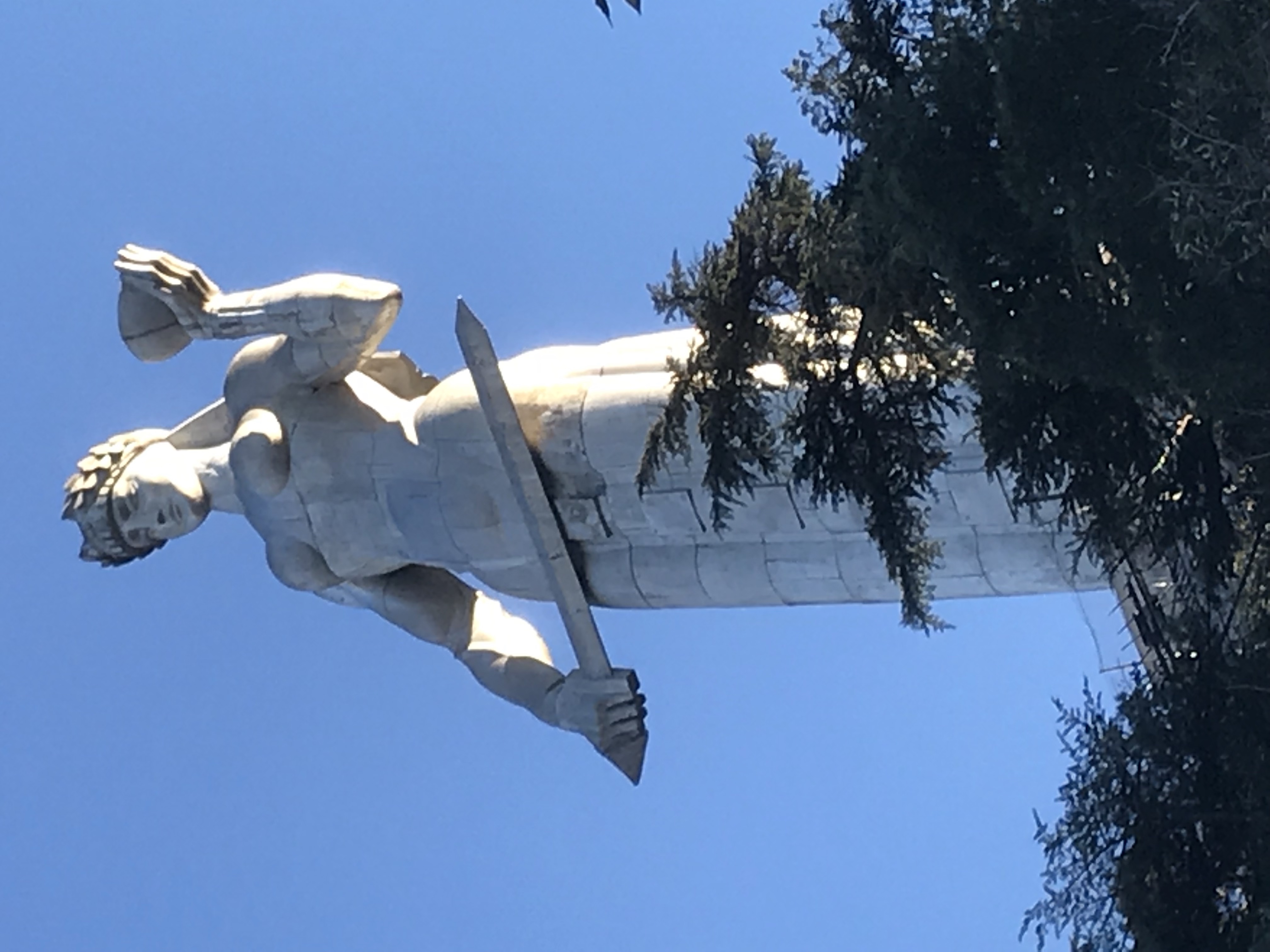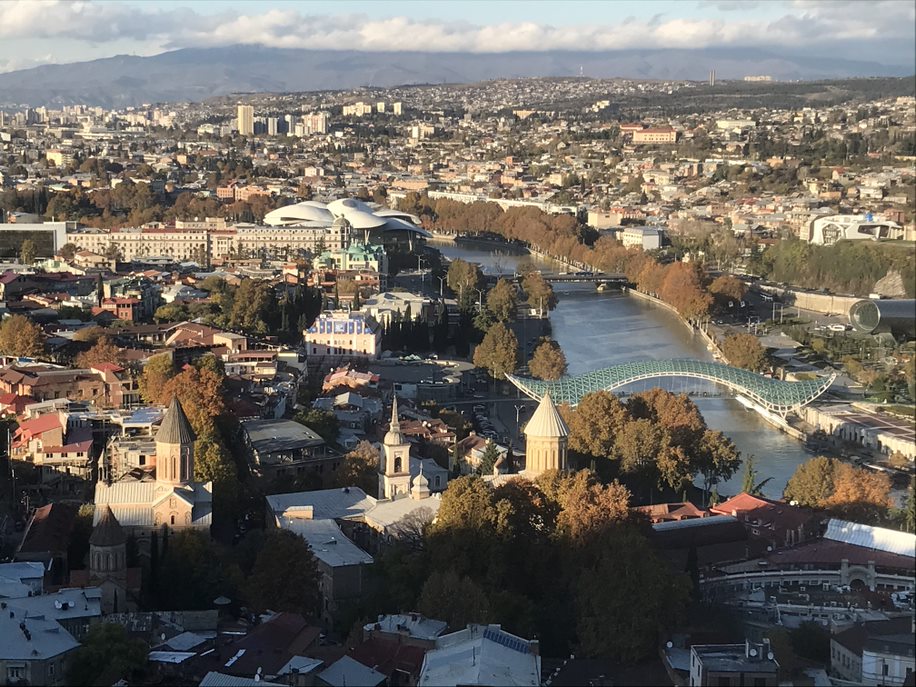The previous book I read about Georgia left me hungry for more. I had written that « Avelum », Otar Chiladze’s novel, was brilliant, but that I did “put it down a little bit like if I was ending a night spent drinking too much and discussing with an intellectual rehashing missed opportunities in a smoke-filled bar”. Since then, I read another Georgian novel which left me enthusiastic: “The Eighth Life” written in German by Nino Haratischvili (a Georgian native as suggested by her family name but a woman, despite what her first name seems to imply) is a breathtaking book. Critics described it a “sweeping epic” and even a Georgian « War and Peace ».
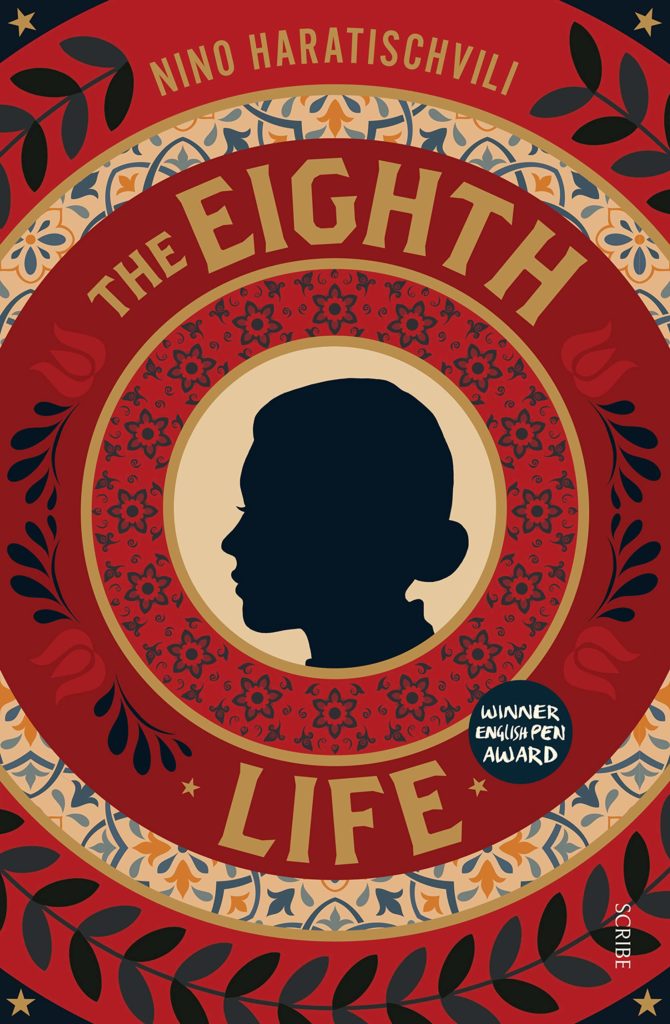
The eighth life is Brilka’s, a Georgian teenage girl who escaped the hotel where her dance class is lodging during a trip in Amsterdam. She boards a train to Vienna. Niza, her aunt who lives in Berlin and has not set foot in Georgia for years is tasked with finding her and bringing her back.
This episode is the end of a long story, intertwined with joys and dramas, which links eight lives and six generations in the same family: Stasia, Christine, Kostia, Kitty, Elene, Daria and finally Niza and Brilka. All of them women, except for Kostia, hero of the Second World War and later a powerful Soviet apparatchik and authoritarian head of the family.
The frame of these eight lives mixes with the country’s history. Starting with the Bolshevik Revolution which enters almost without warning in Georgia, this small country made of mountains, sun and tradition, snuggled up, almost like a favorite child or pet, at the feet of the Russian colossus. Nevertheless, Georgia would give to the Revolution, some of its more remarkable – and more horrible- actors: Stalin, of course, but also Lavrentiy Beria, chief of the sinister NKVD, the People’ Commissariat for Internal Affairs. The two characters are not named in the novel, but if the « Generalissimus », only appears at its periphery, Beria, known for its predatory sexual appetite, plays a dramatic role.
Next comes the Second World War, during which Kostia would illustrate himself at the siege of Leningrad, while others would be tempted by the collaboration that some Georgian Nationalists practiced with Nazi Germany. Later, the novel describes with perfection the daily life during the long years of the Soviet regime, contrasting the growing privileges enjoyed by the powerful, among which Kostia, and the rest of the population.
The book is also built, with great psychological acuity, around three sibling duos in which rivalry and fidelity respond to each other: Stasia, who dreamed to be a dancer in Paris, and her half-sister, the too beautiful Christine, Kostya and Kitty, the hero’s sister who escapes to the West to become a successful singer in London, and finally Niza and her half-sister, Daria, Brilka’s mom.
This long-range novel ends several years after Georgia’s Independence in 1991. Hopes were numerous, but many were deceived: popular uprising crushed in blood, civil war, daily violence. When Daria, an ephemeral star of the new Georgian cinema, undermined by alcohol, throws herself in the early morning from the roof of the family’s villa, Niza, also hurt in her flesh, decides to leave the country without looking back. Until her mother calls her in emergency in Berlin to instruct her to pick up Brilka, found on a train platform by Austrian policemen.
